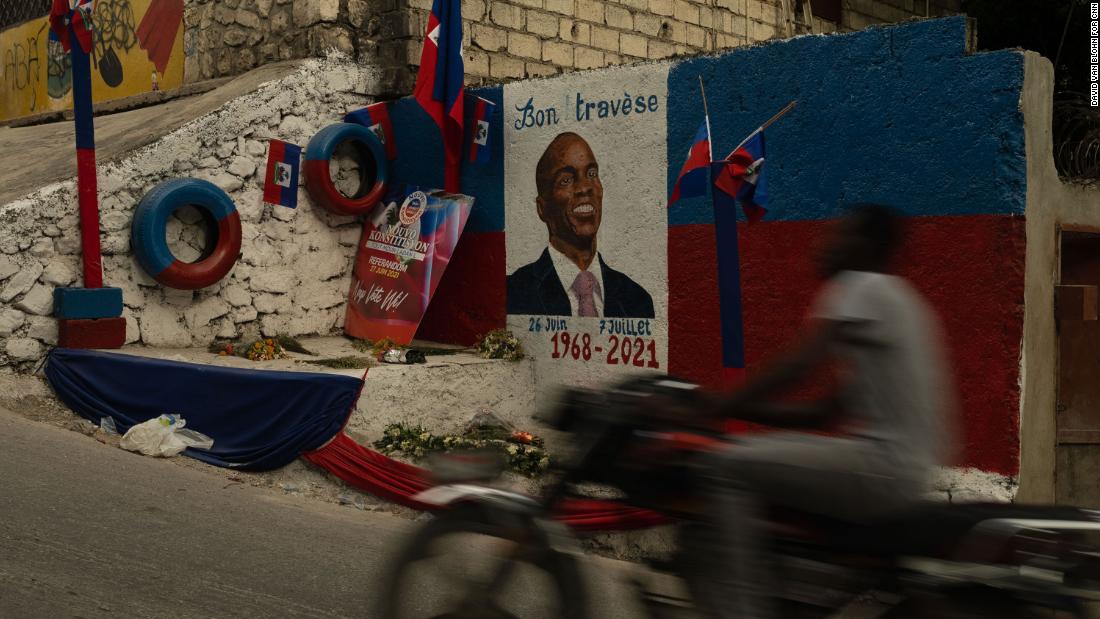HRW: Indonesia’s New Criminal Code Is A Threat To Human Rights
In Human Rights Watch’s 2022 World Report they argue Indonesia’s President did “little to stand up for rights” in the last year and condemned the passing of the new criminal code which the human rights group says is harmful to women, minorities and free speech.

Indonesia’s President Joko Widodo apologized last week for decades of human rights abuses as a new criminal code is set to take effect in 2023.
Human Rights Watch’s 2022 World Report argues that Widodo did “little to stand up for rights” in 2022 and condemned the passing of the new criminal code which the human rights group says is harmful to women, minorities and free speech.
The code, passed in December, contains 624 articles that will replace criminal law that has been in place since the colonial dutch rule of the Indonesia. The criminal code has faced opposition from multiple civil society groups in the region.
“Indonesia’s new criminal code contains oppressive and vague provisions that open the door to invasions of privacy and selective enforcement that will enable the police to extort bribes, lawmakers to harass political opponents, and officials to jail ordinary bloggers,” said Andreas Harsono, a senior Indonesia researcher at Human Rights Watch, shortly after the bill was passed.
Human Right Watch’s release points to wide-reaching laws included in the new code that, among other things, make sex outside of marriage a criminal offense with a sentence of up to one year in prison.
HRW researchers say the law will disproportionately impact women and LGBTQ people who are more likely to be reported by husbands or family members for adultery or relationships they disapprove of. With same-sex couples not being able to marry in Indonesia, the new code also de facto makes all same-sex sexual relationships illegal in the country.
The law will also criminalize distributing contraception to children and distributing any abortion information.
The December draft of the criminal code assigns a three-year prison sentence for anyone who attacks the honor of the president.
Acting chairperson of the Press Council, Muhamad Agung Dharmajaya opposed the law back in November due to its potential impact on Indonesia reporters and media.
“The contents of the RKUHP [new criminal code] still limit press freedom and have the potential to criminalize journalistic work,” Dharmajaya wrote in a letter to the president.
The criminal code will also formally recognize “any living law” in the nation. This could include local ‘customary criminal laws,’ called hukum adat, and Sharia-inspired islamic laws that have been adopted in local provinces.
Last week, President Widodo addressed human rights violations the country committed during the anti-communist crackdown in the 1960s, when the post-colonial nation was involved in killings of communists and suspected sympathizers. Widodo also addressed the country’s killings of protestors in the 1980s and enforced disappearances in the 1990s, the United Nations announced.
“I strongly regret that those violations occurred,” Widodo said. Widodo’s address follows a 2014 election promise to investigate human rights violations by the nation which led to the production of a report outlining the nation’s violations. The report is not yet available to the public.
In a January 13 press briefing, Liz Throssell, Spokesperson for the UN High Commissioner for Human Rights said the president’s statements are a step in the right direction.
“The President’s gesture is a step on the long road to justice for victims and their loved ones,” Throssell said.

 Landwebs
Landwebs 






















